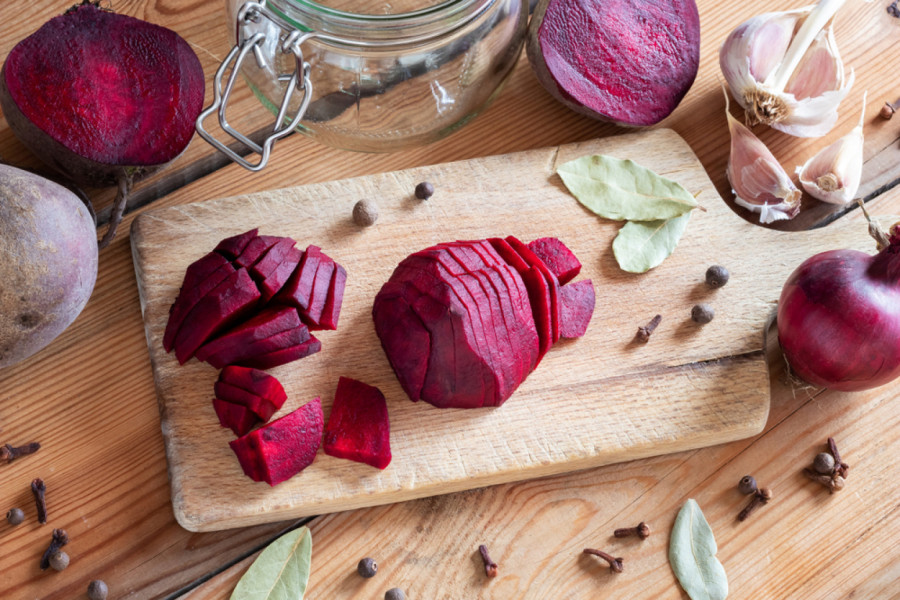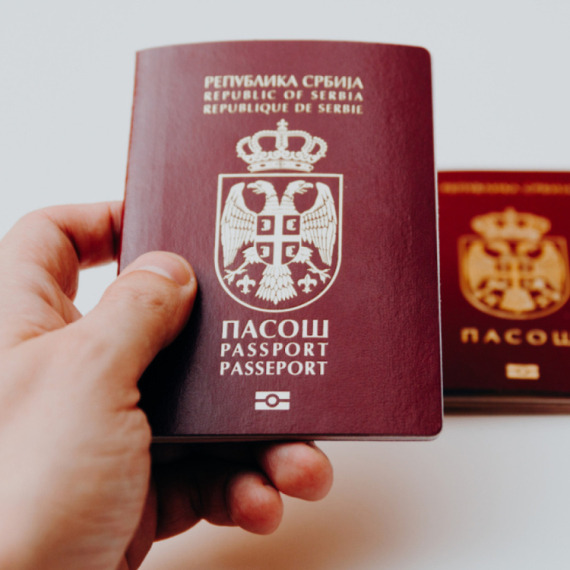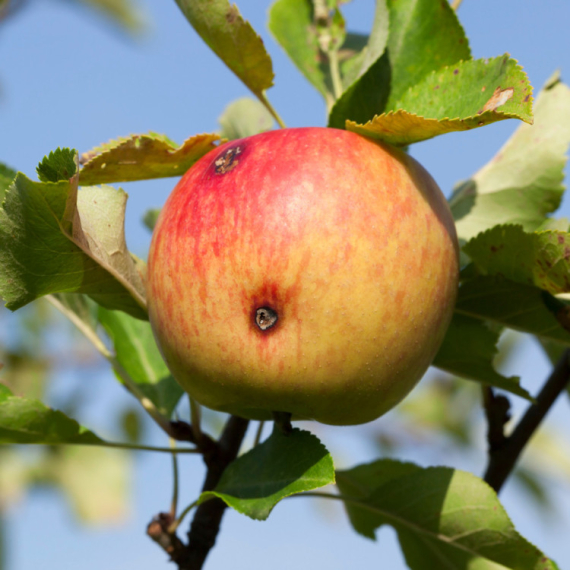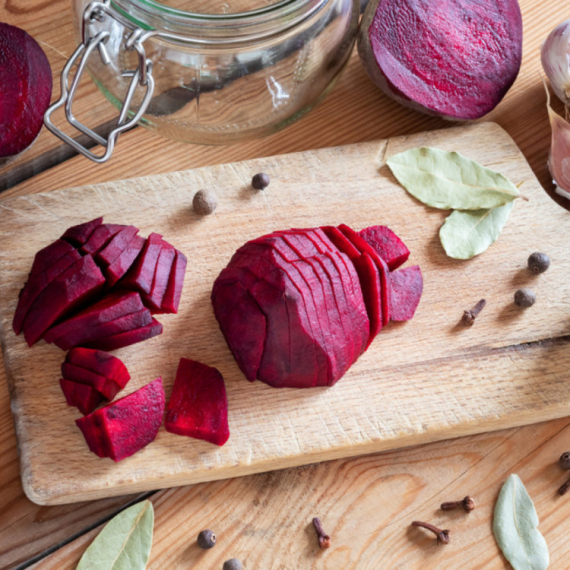Low blood pressure, known as hypotension, can cause symptoms such as weakness, dizziness, sweating, and fatigue, especially in summer when high temperatures and sweating further affect the body. Although it is not as dangerous as high blood pressure, it can significantly reduce quality of life. Experts advise proper nutrition and hydration. Foods rich in sodium, potassium, magnesium, and healthy fats, such as olives, salty cheeses, bananas, beets, nuts, dark chocolate, and raisins, can help stabilize blood pressure and alleviate symptoms. It is important to avoid excessive salt intake but maintain electrolyte balance. These recommendations are helpful for people with low blood pressure, especially during the summer months.
Political Perspectives:
Left: Left-leaning sources tend to emphasize the importance of holistic health approaches, including natural nutrition and hydration, to manage low blood pressure. They highlight the role of balanced diets rich in natural foods and caution against over-reliance on medication. The narrative often includes advice on lifestyle changes and preventive care.
Center: Center-leaning sources focus on balanced reporting of the medical facts about low blood pressure and its management. They emphasize the importance of proper nutrition and hydration as part of a comprehensive approach to health, including consultation with healthcare professionals. The narrative is practical and informative, aiming to educate the public on symptoms and dietary recommendations.
Right: Right-leaning sources may emphasize personal responsibility in health management, promoting dietary choices and natural remedies to manage low blood pressure. They might also stress the importance of traditional foods and caution against excessive medicalization. The narrative often supports individual empowerment through knowledge and lifestyle adjustments.




















































